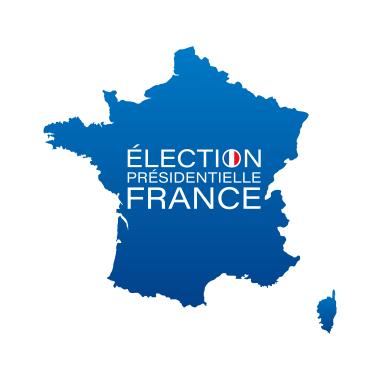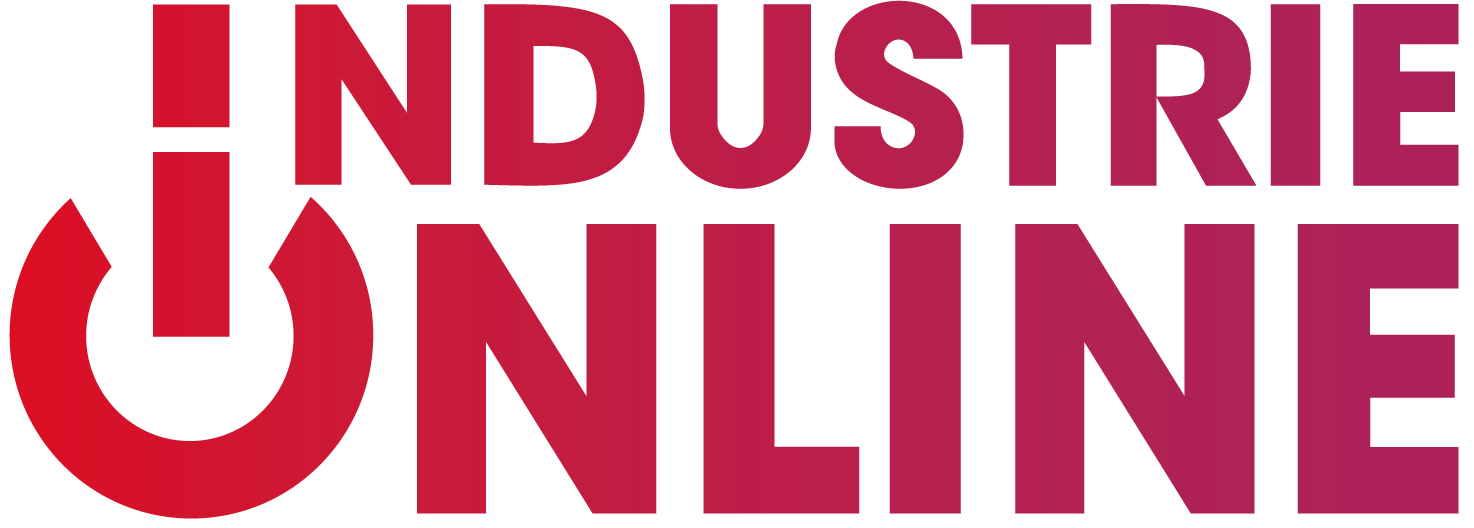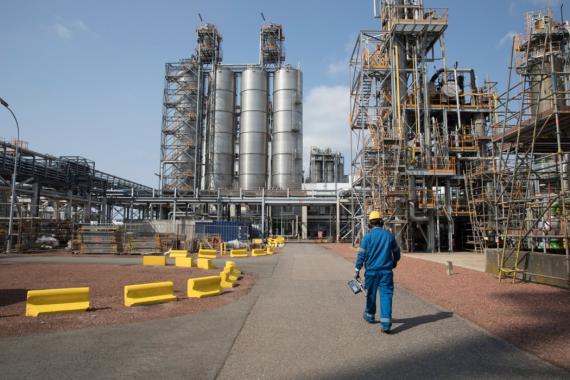Industry: the main presidential candidates’ proposals

French industry now represents only 12.4% of GDP and 10.3% of jobs. Fruit of a continuous decline, these figures are nothing new. But the health crisis has passed through this and the way in which deindustrialization is viewed has changed significantly. To the point that the reindustrialization of the country is presented as a priority by candidates from across the political spectrum. Overview of the proposals of the 6 men and women at the top of the voting intentions.
The rise of Emmanuel Macron's industry
The President-candidate shows the will to put an end to “ the industrial haemorrhage of the last two decades ” . To this end, it first relies on a move upmarket of players in the sector. To support this, he proposes to reduce the corporate tax rate to the level of the European average (25%), but also to withdraw from the ISF the investment serving the economy (shares, shares, of companies). The second major priority is the defense of French industrial interests in globalization. Among the proposals: the establishment of European control over foreign investment, the strengthening of European anti-dumping procedures or the defense of a "Buy European Act" reserving access to European public markets for companies half of whose production is located on the mainland. 3rd objective: support the transformation of French industry at the heart of the environmental and digital transition of our society. Emmanuel Macron proposes to mobilize a new European policy promoting the development of strategic industries for the ecological transition, on the model of the European space policy, and to set up a Fund for industry and innovation endowed with 10 billion euros.
Valérie Pécresse's European carbon tax
To defend French economic sovereignty, the Republican candidate is betting in particular on the establishment of a carbon tax at the borders of Europe. The measure – which, to be applied, should be voted on by the other European states – aims to no longer subject French industry and agriculture to “ unfair competition ” in the face of “ countries which do not respect the same ecological discipline ” , namely in particular the rules relating to carbon emissions and the use of phytosanitary products. Valérie Pécresse also announced the creation of a large Ministry of Energy, Industry and Innovation, but also of a High Council for Sovereignty, to " protect French jewels ", as well than the preference for local and European orders in public procurement. Another measure envisaged: the reduction of production taxes to the tune of 10 billion euros.
Marine Le Pen's French sovereign wealth fund
The far-right candidate wants to set up a French fund. The aim is to increase the return on French savings and direct it towards strategic sectors and innovation. His “ economic patriotism ” also involves a reduction in production taxes for VSEs and SMEs and the priority given to French companies in public contracts. Marine Le Pen also wishes, as part of a regional planning policy, to condition subsidies on job creation and develop labeling around “made in France”.
The relocation of the essential productions of Jean-Luc Mélenchon
The far left candidate plans to renationalise a number of major players in the French economy: motorways, but also SNCF, EDF, Engie, Française des jeux, the marine energy branch of Alstom sold and the wind branch offshore from Areva. Jean-Luc Mélenchon also aims to introduce “emergency measures” anti-social dumping for strategic industries. At European level, he wants to give states the possibility of helping companies or creating public monopolies in strategic sectors.
The industrial free zones of Eric Zemmour
The identity candidate also wishes to remake France “ a country of industry ” . To do this, he wants to give priority to national companies during public procurement or even create a large sovereign fund, fed by the Livret A savings accounts. rural revitalization – would take the form of tax exemptions for industrial companies setting up in targeted areas: no production or company tax for five years. In addition to forcing public order to favor products "made in France", the former polemicist wants to create a "Homeland-score" on consumer products. Finally, he wants to reduce production taxes by 30 billion euros – out of the 70 billion annual tax receipts.
Green reindustrialization by Eric Jadot
Also a defender of “made in France”, the environmental candidate promotes a revival of the economy thanks to ecology. One of its priorities is to redirect reindustrialization towards renewable energies, in particular by modulating VAT according to the environmental impact of the activity. The construction of an industry at the service of climate transition requires the implementation of an annual public investment plan of 25 billion euros for transition infrastructures and the strengthening of public research. Business aid such as the Research Tax Credit will target projects aimed at decarbonization, relocation and the preservation of biodiversity. Another measure: a training course on the challenges of ecological transition for 100% of economic decision-makers.
Our other news
See allJoin the largest community of industrial suppliers
- Helping you with your ongoing technology watch
- Provide you with detailed supplier statistics
- Give you international visibility
Discover the largest catalogue of industrial products on the market
- To offer you the best catalogue of industrial products on the market
- To guarantee you a 100% secure platform
- Enable you to have live remote exchanges


 Français
Français 







